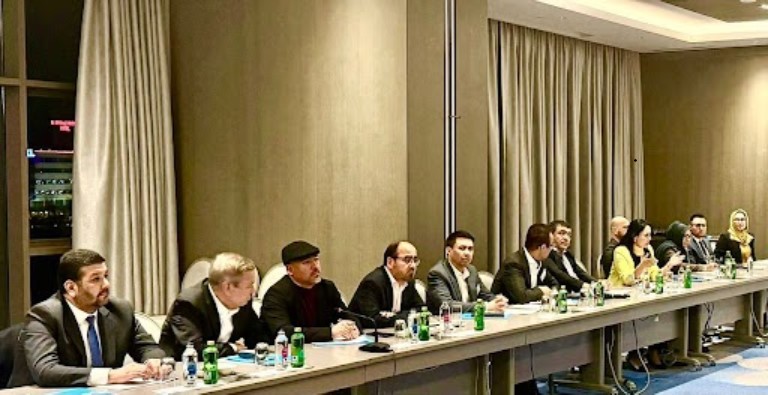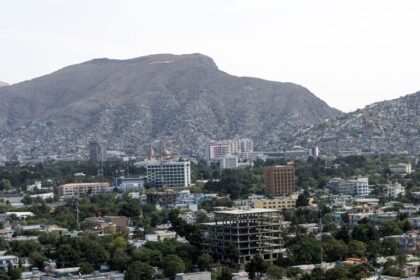RASC News Agency: A coalition of Afghanistani Uzbek political, social, and economic figures has called for the establishment of an inclusive political system in Afghanistan. The demand was voiced during a high-profile meeting in Istanbul, Turkey, on Tuesday, February 11, where participants emphasized the urgent need for a governance model that represents all ethnic groups, particularly Uzbeks. The attendees stressed that Afghanistan’s prolonged crisis can only be resolved through a unifying and cohesive national vision. They argued that fragmented narratives and entrenched political sensitivities have obstructed meaningful progress toward national unity. The consensus among participants was that an inclusive government, ensuring equitable participation for all communities, is essential for achieving lasting stability in Afghanistan.
Beyond political representation, the Uzbek leaders also urged the implementation of just and long-term economic policies, with a specific focus on development initiatives in Uzbek-majority regions. Their calls for reform come against the backdrop of the Taliban’s three-year rule, marked by ethnic and sectarian policies that have systematically marginalized Afghanistan’s non-Pashtun populations and stripped them of their fundamental rights. Despite their advocacy for an inclusive government, Afghanistani Uzbeks have notably refrained from engaging in armed resistance against the Taliban. However, the past two and a half years have demonstrated that the Taliban’s grip on power is rooted in force, not governance. The group has repeatedly declared that it seized control through violence and that any opposition must challenge it militarily. Reports indicate that following the Taliban’s takeover, it was primarily Tajik-led resistance movements that mounted armed opposition against the regime.
Furthermore, since consolidating power, the Taliban has conducted a brutal crackdown on dissent, imprisoning, torturing, and executing tens of thousands of young Tajiks for opposing their rule. This systematic campaign of repression underscores the Taliban’s unwavering commitment to absolute power, leaving no room for genuine political inclusivity in Afghanistan.






